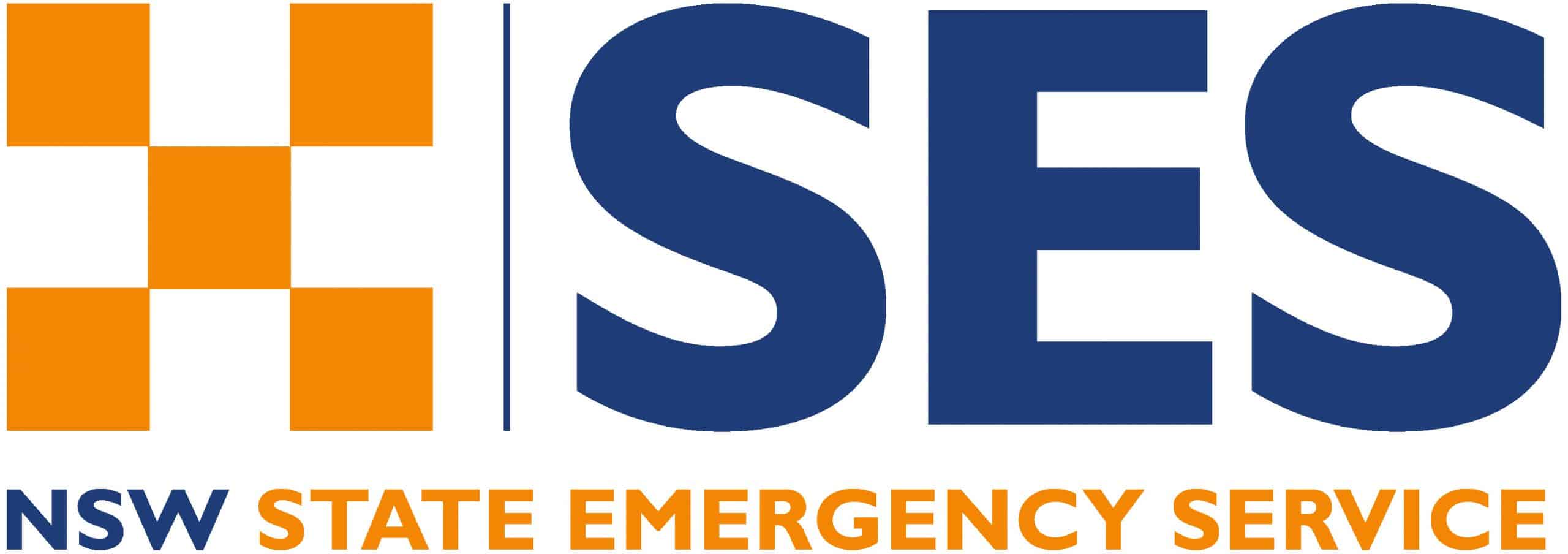Building a coaching business is tough. Coaching is a hard sell. The reality of building a coaching business (and any business) is often not what people envisaged when they decided to start out on their own.
I have grown my company, Southern Cross Coaching & Development, from zero income and a blank laptop working at home in 2006 to 23 coaches and consultants providing services to NSW Government and large corporate entities, with no cash other than my own organic growth. These are some lessons I’ve learnt along the way.
Why did you become a coach and start a coaching business?
When I asked that question to 60+ coaches when I presented at a recent ICF event, I got the usual plethora of “to help people”; “to make a difference”: “I’m passionate about coaching”; “fed up with the corporate world and wanted to do something I believe in”, “because coaching is amazing”; “I was fed up working for muppet managers” or similar responses. In my experience, the extremely large majority of coaches will say something similar.
In reality, many coaches struggle to make enough even to pay the bills, let alone earn a decent living. According to the ICF 2012 Global Coaching Study, the median annual coach’s income in Oceania is US$36,700. Many coaches end up having to supplement their income – or worse, go back and work for another muppet manager!
First: why did I start a coaching business? All of the above, of course – that goes almost without saying. Especially the muppet manager bit, I’ve had far too many of those (I hope they’re reading this!).
However, my primary reason? To make money. My strongest motivator is my need to make sure my business pays me an income & security to support my family, our lifestyle an our future (I have a 3 ½ -year old & a 15-month old). US$36,700 will not do that.
1. Think primarily like a business, not a coach.
If you don’t have the attitude that you are in business to make money, it is extremely unlikely to happen. You know this as a coach – if you don’t have that as a goal, how can you achieve it?
Look at the numbers. To earn $100,000 p.a. give or take you need to earn approx $133,000 to cover your wages & business expenses. That equates to income of $3,023/week (44 working weeks: 4 weeks holidays, 2 weeks over Christmas, a week of Public Holidays, a week sick/miscellaneous, etc. And that’s being conservative!
Translate that to hours worked. It equals: $75.57/hour every hour for coaching 40 hours/week = $151.14/hour for coaching 20 hours = $302.27 for 10 hours = $604.55/hour for 5 hours = $453.41/hour for 7.5 hours/week. 7.5 hours per week? Sounds easy, doesn’t it?
However, comma. How often does your diary have 7 lovely hours of coaching in one day? Not very often!
A more realistic business week involves coaching spread over the week, hours of travel time, preparation for and debrief from coaching, emails, proposal writing, marketing and sales meetings, invoicing, networking functions, phone calls, more emails, sorting IT issues, time on hold to your phone/internet provider, etc. Most people forget these entire ancillary – but absolutely business essential – tasks.
So, you’re now likely questioning: “how the hell am I supposed to make money if that’s the reality?”
2. Time Management – Get focussed.
Do it religiously & be utterly RUTHLESS. Set up processes. Outsource. Your time is literally your money. Every hour is potentially worth $453.41+ – if you waste 15 minutes, you are losing $113.35! Would you throw away $113.35? Learning time management skills was one of the most valuable things I did.
Ask yourself: “is this time I’m spending worth $453.41/hour?” I used to spend 5+ hours a month doing my books/BAS, etc. My bookkeeper does it in 5 hours a quarter. That’s 10 hours per quarter I have back to do more important things.
3. Charge for your time. Charge what you are worth.
Charge what you need to make the money you want to make (within what the market will bear, of course!). If you charge $200/hour, & do two free sessions, how much money will you make? Not enough is likely to be the answer!
If you coach 7.5 hours a week and need to make $100k in your pocket, you need to charge no less than $453.41/hour. Your time is money. Every minute is precious: charge for it whenever you can.
4. Believe in what you do.
You are a professional. You have a right to be there. Believe that you deserve to get paid a decent wage for it! If you don’t believe all of that, why would a client?
We all start somewhere – I started off coaching for free, then charging $50/hour, then built it up from there to pay myself $92,000 in my first year. If I’d believed more early on, I’d have paid myself a lot more. Of course, confidence can take time to build – the important thing is you make sure you’re focussed on building it.
5. The ‘S Word’.
It often invokes fear and strikes dread into the hearts of many idealistic coaches desperate to “make a difference”. I’m talking SALES. Selling.
Like it or not, even if you have exceptionally well-established networks and the most amazing website on the planet, you will still have to sell – and sell yourself. You are a salesperson first and a coach second. Accept it. If you can’t sell yourself, you won’t get to do much coaching.
Sales is 99% perspiration, 1% inspiration. There is no single magic formula. There are all sorts of methodologies you can learn of course, but none of them are effective unless you get off your backside and put in the hard yakka.
We’re in the trust business. No matter how hard it is, make those uncomfortable follow up phone calls, put some shoe leather on the road and get your face in front of people. Then ask for the business. Follow up – people are busy, they often need a nudge. If you get knocked down, get back up again! It’s not personal, it’s just business. You expect your clients to do all of this, right? Take some of your own medicine.
6. Use your coaching skills to sell.
Your coaching skills are extremely powerful sales tools. Yes, really. If more sales people were trained as coaches, they’d be a lot more successful. Use your coaching skills to listen and delve into what people need. That’s really the core of sales.
However, you still have to ask for the business. And you still have to get off your butt and get out and meet people in the first place. There are no short cuts for that: “Nike it” – just do it!
7. Don’t waste your time trying to teach people how fantastic coaching is.
If you have to teach people what coaching is, you’re usually wasting your [very valuable] time. Walk away. It took me quite a while to work that out, but when I did it was a real relief and my business grew more. 2 hours spent teaching someone about coaching, is potentially $906 lost. Sell to people who know what coaching can do.
8. Lose the warm, fluffy coaching language.
Use the client’s professional business language, not coaching speak, especially with organisational and business clients. Challenge thinking, yes! But talking about ‘spiritual journeys’ for example, although you may be very right the CEO needs to go on one, is rarely going to get you the gig to coach their hard-nosed CFO! Talk for success. And dress for success.
9. You are a not selling coaching.
You are not selling that you are a coach – the fact that you’re a coach is a given. You are selling a solution, and you are selling your experience & expertise. That’s what I’ve found clients pay for.
You may have left the e.g. IT industry to find a new path, and yes, you may be able to coach in any industry, but the reality is clients want – and pay for your IT industry expertise, so you’re probably best placed to at least start coaching in it and then branch out from there.
10. Be flexible & adapt your coaching style.
Coaching in the real world is rarely the pure coaching you were taught on your coaching course. Certainly not when you’re selling yourself, and especially if you’re selling to organisational and business clients. You can coach like that when you get there, of course. But clients rarely understand. In reality when a client says “coaching”, what they mean is a combination of coaching, mentoring, consulting, expert advisor, etc.
So remember:
1. Think like a business.
2. Ruthlessly manage your time.
3. Charge what you’re worth.
4. Believe in what you’re worth.
5. Sell. You are a sales person first, a coach second.
6. Use your coaching skills to sell.
7. Don’t waste your time trying to teach people about coaching.
8. Lose the warm, fluffy coaching language. Talk for success, dress for success.
9. You are selling a solution, and you are selling your experience and expertise.
10. Coaching in the real world is rarely just coaching. Use your experience, adapt your style.
Some inspiration to help you on the way:
“Think progress, not perfection. The lessons learnt on the journey are usually needed to help you arrive at the destination” Simon Smith
“Vision without execution is just hallucination” Thomas Edison.
“Do or do not – there is no ‘try’!” Yoda, Star Wars.
“When you’re going through hell – keep going!” Sir Winston Churchill
About Simon Smith.
Simon Smith was recently awarded the International Coach Federation Australia NSW Coach of the Year 2013. He is the CEO & Founder of Southern Cross Coaching & Development Pty Ltd (www.southerncrosscoaching.com.au), which he started in 2006 from absolute scratch, just him & a blank laptop, working from home, and 6 weeks redundancy money having been retrenched 8 weeks before Christmas.
Simon has since built the company through the GFC to a successful and highly profitable coaching and training practice with 2 staff & 23+ consultants and delivering services to NSW & Federal Government and Corporate organisations across NSW.
Simon has also had to deal with some serious and ongoing personal health challenges, including a hip replacement (although he still plays squash!) as well as starting a family – he has a 3 ½ year old son and a 15-month old daughter.























































